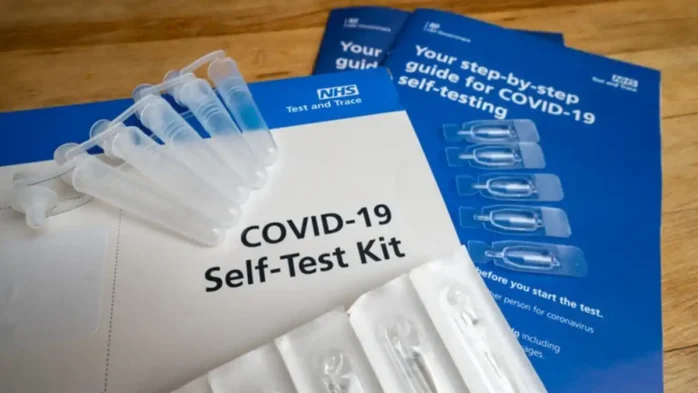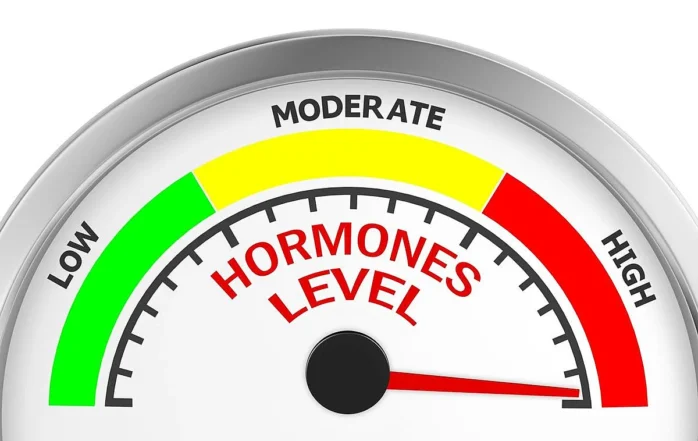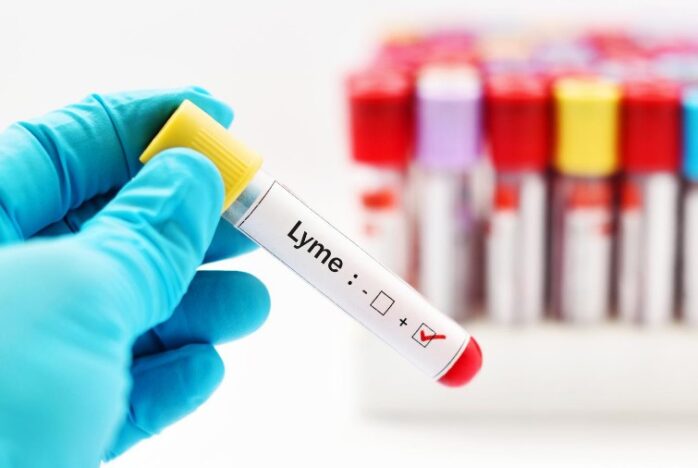
These days, doctors’ schedules are so packed that it’s rare to get an appointment within a week of making it. Adding in the medical costs of in-person visits, you must ensure it’s truly necessary before scheduling an appointment.
Surprisingly, there are a lot of conditions you don’t need a doctor to diagnose. With the aid of at-home tests, you’ll discover what may be bothering you and avoid waiting for an appointment. Here are seven health conditions you can diagnose yourself with a mail-order test kit.
1. Various STIs

For personal reasons or the sake of privacy, you might feel uncomfortable seeing a doctor for sexual health matters. Although there’s no shame in having an STI — especially from a doctor’s perspective — home tests allow you more privacy. It only takes five minutes browsing online to order one. You can carry out every step of the test and send it away to be analyzed without any outside interaction.
Many STI testing kits are formulated to give you results for multiple conditions rather than just one. This will give you a better overall picture of your sexual health. There are also targeted tests available for individual conditions. No matter which type you choose, at-home STI testing is convenient, discreet, and easy to do by yourself. You can learn more at Nurx.
2. COVID-19

At this point in the COVID-19 pandemic, self-testing is the safest way to get diagnosed with the virus. We all know the symptoms at this point — if you’re feeling sick, you take a test to be sure. And if you’re a US citizen, you’re eligible to order two free sets of four at-home kits from the government.
As a result, COVID-19 is one of the easiest conditions to diagnose at home. It’s still important, however, to research the different types of tests before taking them. For example, rapid antigen tests vary considerably in accuracy compared to standard PCR swabs, even though you’ll receive results faster. If you want more reliable results, using an at-home PCR test or getting tested by a doctor are better options.
3. Urinary Tract Infections

The symptoms of a urinary tract infection (or UTI) are fairly easy to identify when you’re suffering them. But like any health condition, there is always room for misinterpretation. Even if you’re sure you have one, taking an at-home test can confirm whether your suspicions are correct. It simply requires you to urinate on the provided strip and follow the kit’s testing guide to assess your results.
Once you receive your results, you can determine how to move forward, such as by following up with your doctor. Keep in mind these tests can also be affected by other substances in your body — like any medications you’re taking. Testing for UTIs at home is more appropriate (and less hassle) for those who are already prone to their occurrence.
4. Allergies

Allergies are tricky to pin down: They can present in countless forms, be hyper-specific, or hide among other symptoms. And if you never encounter something you’re allergic to, you’ll likely never even know said allergy exists. That’s why testing is so important — at the very least, you will narrow down what you’re sensitive to.
These tests are most effective at finding the stronger sensitivities in your body so you may avoid them. At-home testing usually works by providing a lancet with which you collect a blood sample. Then, you send it into the lab for analysis and receive the results back via mail or email. With the detailed information provided, you’ll have a clearer understanding of what you should be careful around or avoid altogether.
5. Low Hormone Levels

Hormones are essential for several processes throughout the body, maintaining equilibrium through communication between different parts. Shifting hormone levels, therefore, happen naturally throughout life — but when improper shifts happen it can cause a variety of issues. Possible effects include thyroid problems, sexual dysfunction, and diabetes.
There is no shortage of online tests for hormone levels, many of which have particular purposes. For instance, you can get a sexual hormone test to examine your fertility or a melatonin test for sleep health. Some are even more specific, like a cortisol test that measures your body’s stress levels. Whatever hormone you’re curious about, there’s likely a test for it.
6. Lyme Disease

Many people who grew up in more rural areas know to check for ticks after a day in the woods. Children are taught from a young age to look out for a “bulls-eye” rash on their bodies. This rash, although not universal, is a telltale sign of Lyme Disease — which requires prompt attention to prevent lifelong affliction. While not usually fatal, this disease can have long-term effects on your quality of life.
If you find one on your body and are feeling flu symptoms, take precautions by getting a home test. All you need to do is take a quick finger prick and send your blood test for analysis. Your results will help you know whether you should seek medical treatment.
Scheduling, cost, and physical energy are all barriers to getting a timely doctor’s appointment for diagnosing your medical condition. If you can’t afford to see a doctor or already feel you know what’s wrong, an appointment may seem unnecessary. Remember, however, that once you’ve taken a test and received positive results, seeking medical treatment is the essential next step. Taking a home test first, though, will help you narrow down what’s wrong and prepare more adequately for it.





